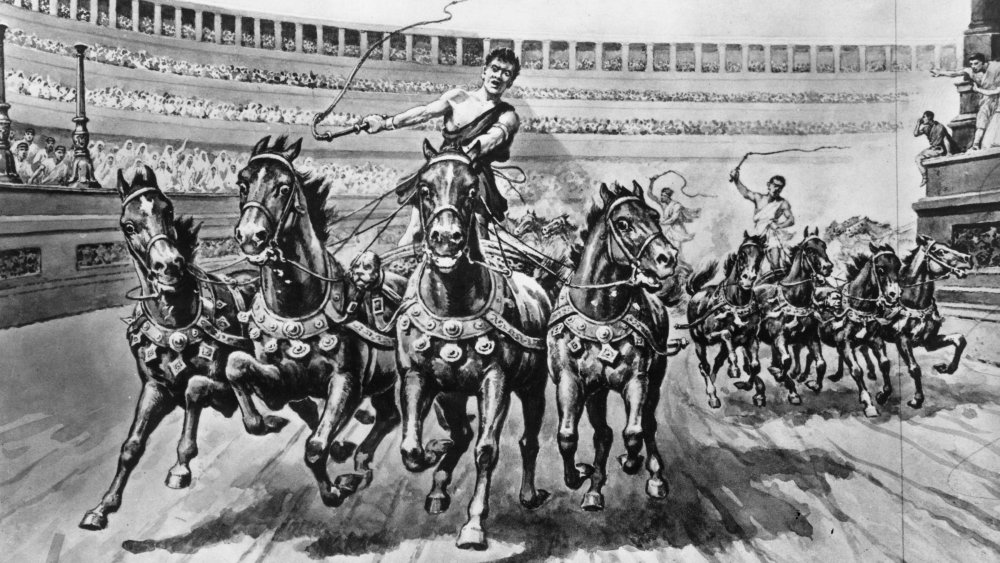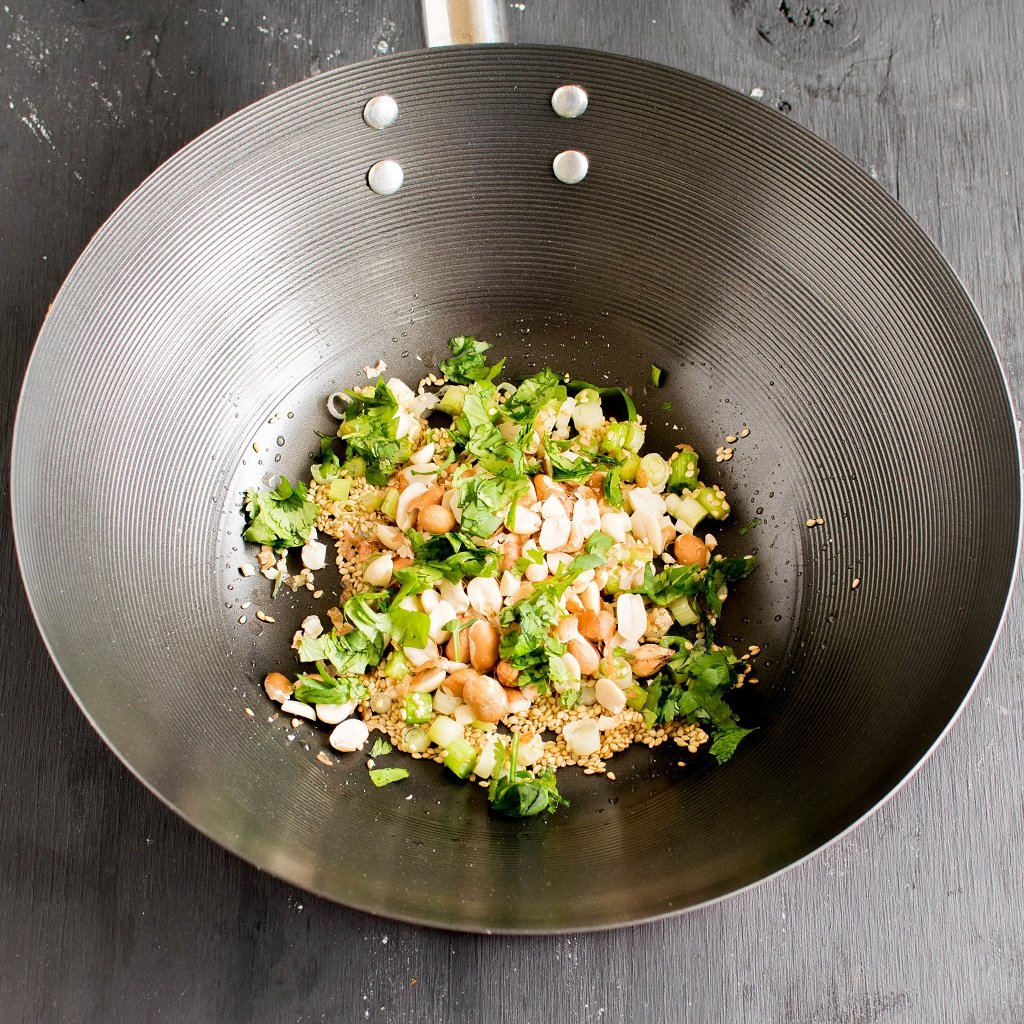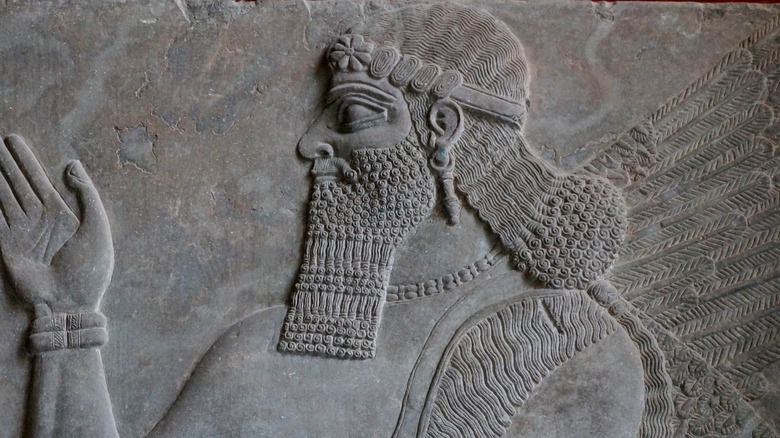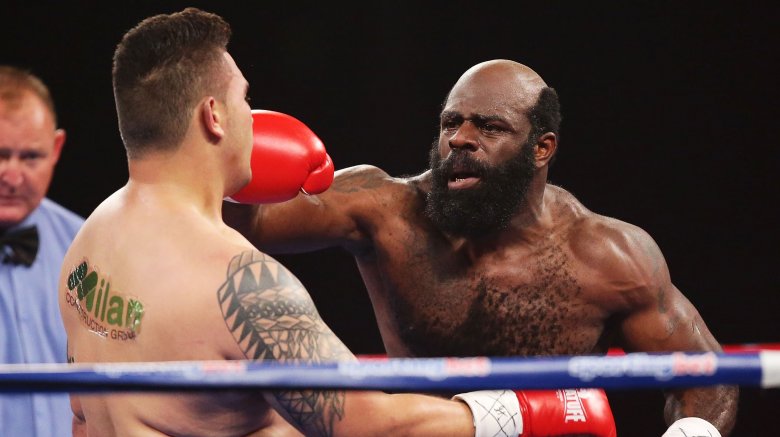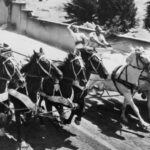
The Truth About The Richest Athlete In History
What is it about speed? And not just running (though that’s always impressive) and not just riding (also impressive) and not just falling (with, we hope, a parachute). Racing, moving faster, and faster, and faster. Land speed records, like the one reported by New Atlas, set in 1997 — 763.035 miles per hour; 1,227.985 kilometers per hour, which sounds ever so much more impressive. Though the question arises, Who needs to go that fast, anyway? And what about public transportation? (By the way, work is under way to shatter that record late in 2020. Stay tuned.) Whether it’s Grand Prix, or NASCAR, or James Garner pulling a J-turn on The Rockford Files, it’s fun to watch things go, piloted by someone with perhaps more nerve than sense.
And it has been ever thus. Moviegoers have been thrilling to Ben-Hur‘s centerpiece chariot race since the first silent version was released in 1925. Charlton Heston outraced Stephen Boyd not only with sound, but color, in 1959’s classic that picked up 11 Academy Awards. In reality, Ancient Rome wasn’t all about concrete and death in the arena. As a culture, Rome wasn’t beyond rewarding those individuals who did well in the public spectacles staged for one and all. And while in your idle thoughts you might be thinking, “That Michael Jordan sure does have a pile of loot,” it pales in comparison to a chariot racer from around the Second Century CE, named Diocles.
Fast meant cash
He’s thought to have been a Lusitanian Spaniard, according to The Culture Trip. He amassed his fortune — and it was quite a mass — by engaging in some 4,257 races using four-horse teams. He wasn’t the winningest charioteer in history, but he did triumph in 1,462 contests, and took second in 1,438. History records that he was shrewd about when he competed — nobody had to show him the money; he could find it quite nicely all by himself, thanks very much — and he was a bit of a glory hound, as Vice relates. A driver named Scorpus won more often, but Scorpus also died at 27. Diocles? He retired — in good health — at the age of 42.
By the time he set aside the reins, he had a fortune of 35,863,120 sesterces, which we know from the inscription on a monument erected to mark his retirement. How does that calculate today? Dr. Peter Struck, professor of classical studies at the University of Pennsylvania, estimates that in today’s numbers, Diocles was worth around $15 billion. With a B. That was five times more money than a provincial governor earned. It was enough money to feed the entire city of Rome for a year. He could have bankrolled the entire Roman army for about two-and-a-half months.
Michael Jordan has a ways to go.

More Hilarious Fishing Photos That Were Perfectly Timed

Here's How Much Zion Williamson Is Really Worth

Chase Elliott's Net Worth May Take You By Surprise

Travis Kelce Is Worth A Lot More Money Than You Think

The Reason Lawrence Taylor Lost His Money

The Real Reason These Great Athletes Quit Their Sports

What The Showtime Era Lakers Look Like Today

What The '85 Bears Look Like Now

Daredevils Who Lost Their Lives During Insane Stunts

The True Story Behind David Ortiz
